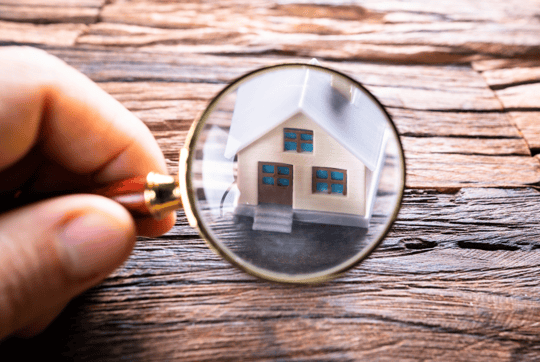The Importance of Defect Liability Period (DLP) Inspections in the UAE Property Market
Maximize your investment in UAE property by understanding and utilizing the Defect Liability Period (DLP). This blog explains why a professional DLP inspection is crucial before your warranty expires, highlighting common defects and the benefits of timely detection. Learn how to secure free repairs and ensure your property's long-term value.
Karunesh Jaiswal
3/26/20252 min read


Buying a new property in the UAE is an exciting milestone — but the real work begins after the handover. One critical yet often overlooked step is the Defect Liability Period (DLP) inspection, which can save homeowners and investors from unexpected costs and long-term headaches.
What Is the Defect Liability Period (DLP)?
In the UAE, most new developments come with a Defect Liability Period — typically lasting 12 months from the handover date. During this time, the developer shall fix any construction-related issues at no cost to the homeowner.
But here’s the catch:
👉 If you don’t identify the defects and report them in time, you may lose your right to claim repairs.
Why a DLP Inspection Is Essential?
DLP inspections are conducted toward the end of the defect liability period to catch issues that may have emerged over time — ones which may not be visible during the initial snagging.
Common issues identified during DLP inspections include:
Plumbing leaks and water seepage
HVAC underperformance
Cracks on the walls
Tile popping or grouting failures
Loose fittings or electrical problems
These issues often arise after a few months of occupancy — making a DLP inspection crucial before your free repair window closes.
Why DLP Inspections Matter in the UAE?
The UAE’s real estate landscape is fast paced, with rapid handovers and large-scale developments. While most reputable developers offer warranties, quality control can vary, and oversight may happen.
Key benefits of DLP inspections:
Avoid paying out of pocket for repairs later
Ensure long-term durability of your property
Maintain asset value — especially if you're renting or selling
Who Should Do the Inspection?
While homeowners can attempt DIY checks, professional inspectors know exactly what to look for — especially subtle issues like thermal inefficiencies, moisture buildup, or poor construction techniques.
At The Snag Master, our DLP inspections include:
Thorough room-by-room checks
Testing of plumbing, electrical, HVAC, doors, windows, etc.
High-resolution photo reports
Clear documentation to present to the developer
Follow-up consultation, if needed
When Should You Book Your DLP Inspection?
Ideally, 1–2 months before the DLP expires.
This gives you enough time to report defects, follow up with the developer, and allow time for rectification.
Final Word
Don’t let your DLP expire without taking full advantage of it. A professional DLP inspection is your last chance to get free repairs — and protect your property’s value for years to come.
